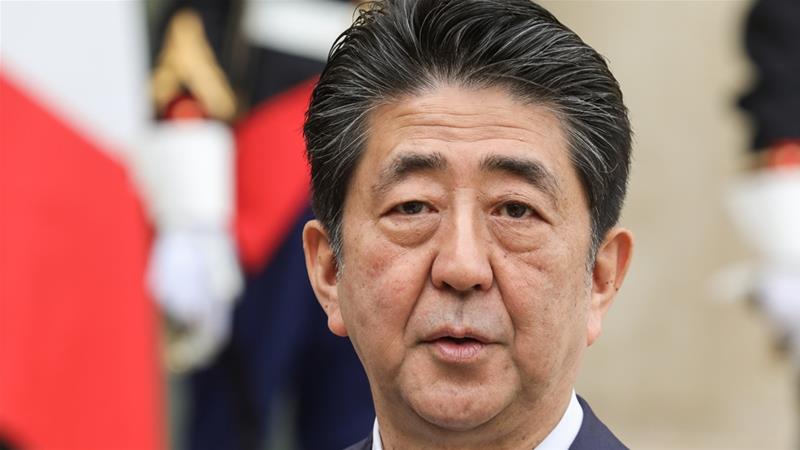
Japan apologises for the sterilization of 25,000 citizens
The sterilisations took place under the auspices of the country’s Eugenic Protection Law.
The Japanese government has apologised and offered compensation to persons sterilised under the country’s Eugenic Protection Law, in place between 1948 and 1996.
An estimated 25,000 Japanese were sterilised under the law, 16,500 without consent. Many of the victims were disabled or suffering from mental illness. Most of the sterilisations occurred between the 1950s to the 1970s.
Prime Minister Shinzo Abe has issued an apology for the “great suffering” experienced by persons who were rendered infertile. “During the period the law was in effect, many people were subjected to operations that made them unable to have children based on their having a disability or another chronic illness, causing them great suffering,” Mr Abe said in a statement. “As the government that carried out this law, after deep reflection, I would like to apologise from the bottom of my heart”.
Under a new law that was passed on Wednesday, surviving victims will each be eligible for 3.2 million yen (US$28,600) in compensation. Yet some victims are unhappy with the apology, and see the offer of compensation as insult.
The apology and the redress law follow a series of lawsuits by victims who came forward recently after breaking decades of silence, prompting politicians from both ruling and opposition parties to draft the package.
Xavier Symons is deputy editor of BioEdge.
Japan apologises for the sterilization of 25,000 citizens
Xavier Symons
Creative commons
https://www.bioedge.org/images/2008images/Shinzo_Abe.jpg
eugenics
japan
law
sterilisation
- Can machines be moral? - March 7, 2021
- Can we synthesise Christianity moral theology with secular bioethics? - November 28, 2020
- Euthanasia polling data may fail to capture people’s considered views - August 15, 2020
